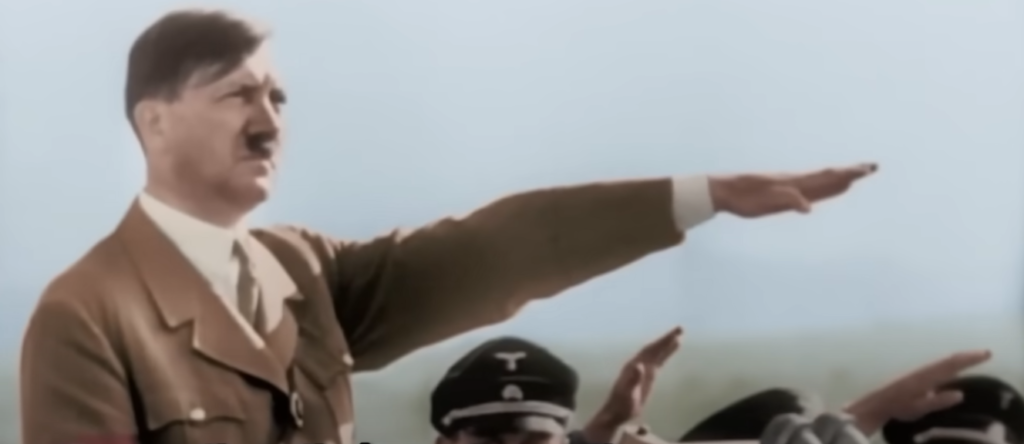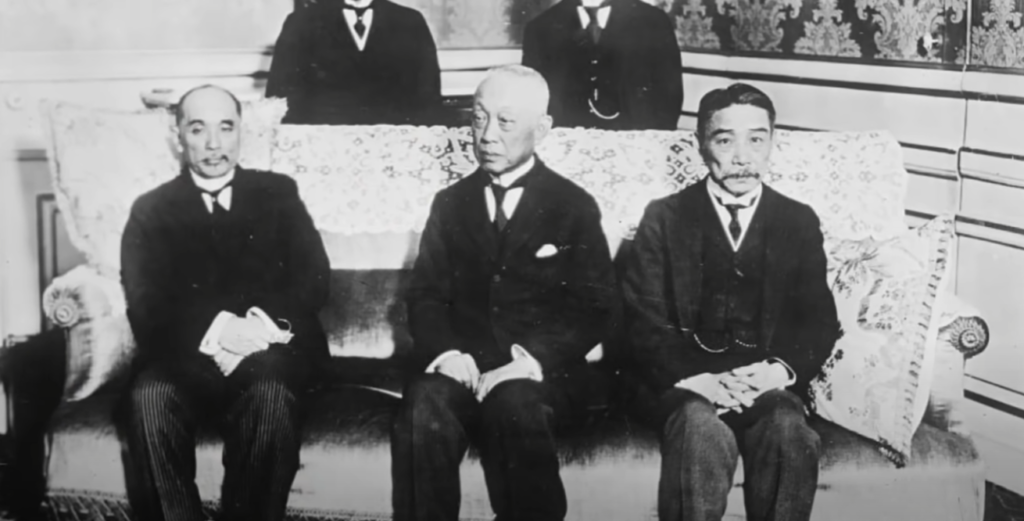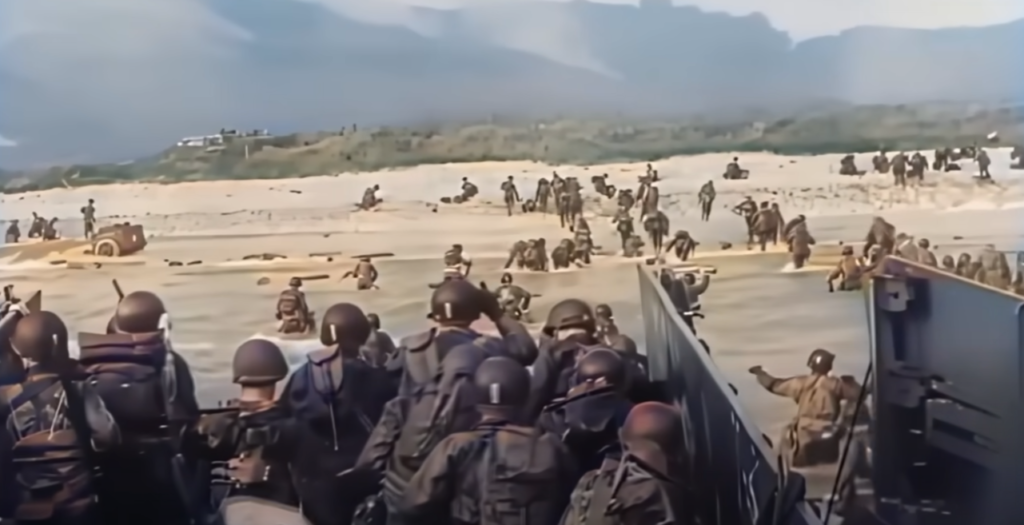
The real “secret” that ended World War II depends a lot on how you frame it—military, political, technological, or even psychological. But if you’re looking for something deeper than the standard textbook answers (like the atomic bomb or the Allied invasion of Europe), here’s a more layered view:

The Real Secret That Ended WWII: A Mix of Factors
- Yes, the Atomic Bomb Was Huge… But Not the Only Thing
- On August 6 and 9, 1945, the U.S. dropped atomic bombs on Hiroshima and Nagasaki, causing massive destruction and loss of life.
- It’s often seen as the thing that forced Japan’s surrender, but…
- Soviet Entry Into the War Against Japan Was Equally Critical
- On August 8, 1945, the Soviet Union declared war on Japan and invaded Manchuria, smashing Japan’s elite Kwantung Army in days.
- Japan had hoped the USSR might mediate a peace deal. Once the Soviets invaded, that hope evaporated.
- This two-front threat (U.S. from the Pacific, USSR from the north) made continued resistance seem futile.
- Japan’s Emperor Stepping In Was Unprecedented
- The Japanese military wanted to keep fighting, even after the bombs.
- Emperor Hirohito’s personal intervention—broadcasting the surrender speech on August 15—was rare and culturally shocking.
- That speech, the Gyokuon-hōsō, was the first time the Japanese people ever heard their emperor’s voice.
- Cracking Enemy Codes (Ultra & Magic)
- The Allies broke both German (Enigma) and Japanese (Purple) codes, giving them a strategic edge throughout the war.
- This intelligence led to key victories like Midway and helped undermine enemy strategies before they were executed.
- Economic and Industrial Overload
- The U.S. outproduced everyone. By the end of the war, the U.S. was building:
- A ship every day
- 50,000+ aircraft a year
- Enough tanks, trucks, and supplies to sustain two full-scale war fronts
- Axis powers simply couldn’t keep up.
- The U.S. outproduced everyone. By the end of the war, the U.S. was building:
- War Fatigue and the Cost of Resistance
- Germany was bombed into rubble by 1945. Japan’s cities were firebombed relentlessly before the atomic bombs.
- Civilians were starving. Morale was collapsing.
- Continuing the war no longer meant winning—it meant annihilation.
🎯 So, What Was The Secret?

The real secret wasn’t just a single weapon or moment—it was a combination of overwhelming force, strategic intelligence, unexpected political moves, and psychological breaking points.
If you had to narrow it down:
🧠 The most underrated “secret” might be the Soviet invasion of Manchuria, because it shattered Japan’s final hope and forced the Emperor’s historic surrender.
Curious to dive deeper into any of those points? I can also tell you about the codebreakers, the Emperor’s role, or even the ethical debates behind the bomb.